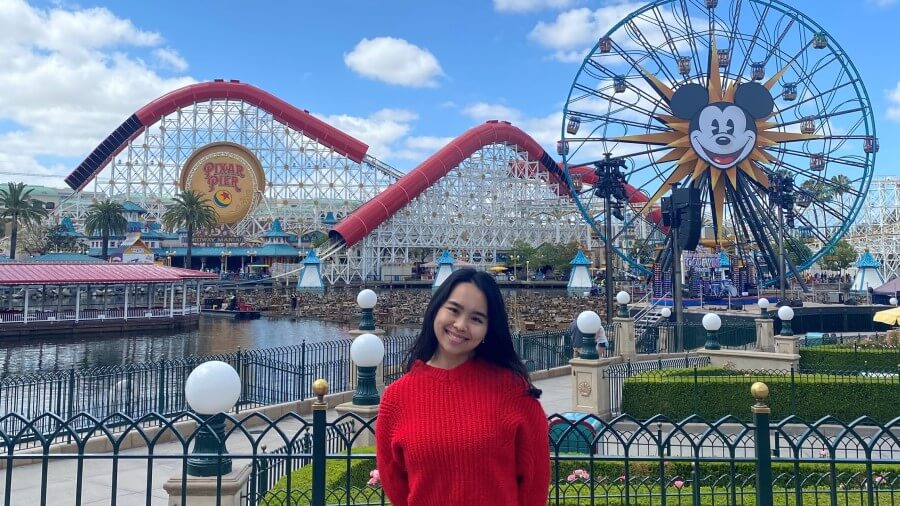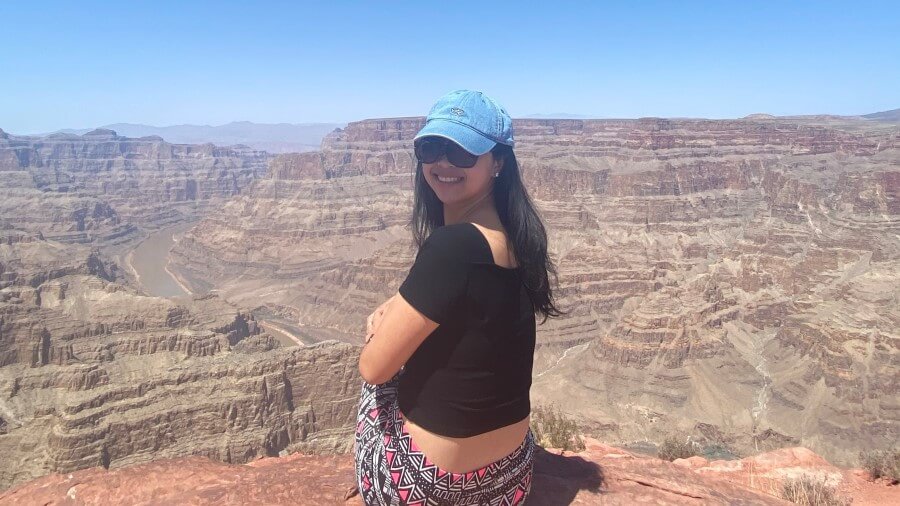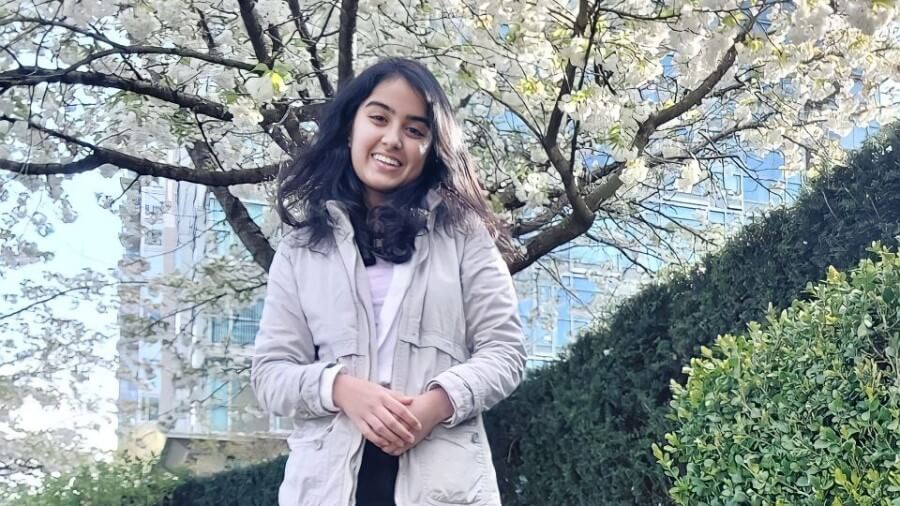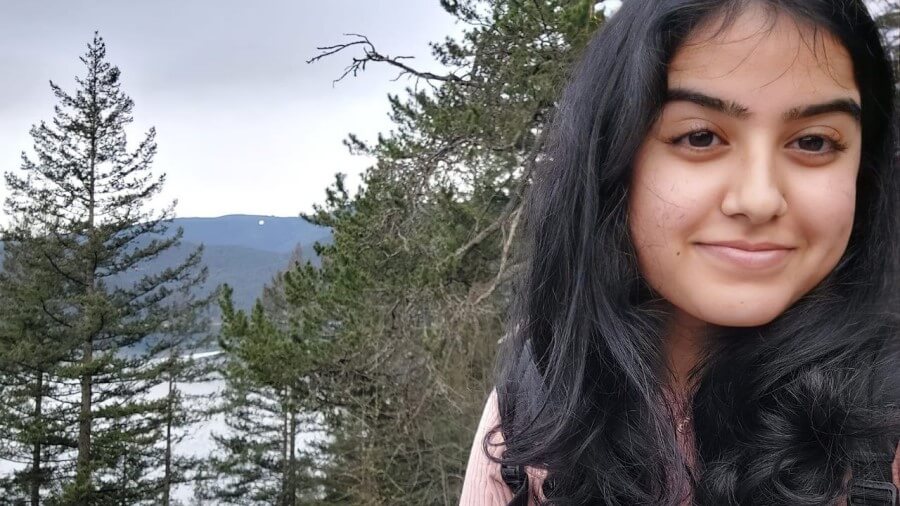
Global Exposure in the New Normal Part 3: USA & Canada
Clarissa Neo and Mouli Bakshi, share their experiences on their International Student Exchange Programme (ISEP) in the United States and Canada. They discuss the Covid-19 safety measures their universities took and share tips for future ISEP students - such as the importance of research and budgeting.
Since the suspension on student travels for the SMU International Student Exchange Programme (ISEP) was lifted, more than 40 students have since made their way across the globe to North America for study exchange in 15 of SMU’s Partner Universities (PUs). With leading universities such as HEC Montreal, University of British Columbia, University of Pennsylvania and University of Southern California as PUs of SMU, North America is an attractive destination for many of its students looking to experience different perspectives and cultures on their exchange as part of SMU’s global exposure opportunities. We caught up with Clarissa Neo and Mouli Bakshi, both graduates at the SMU School of Social Sciences (SOSS) who went on ISEP in the States and Canada respectively, on their in-person ISEP experiences as they share some travel and budgeting tips.
Clarissa Neo, graduate, School of Social Sciences
Host Country: United States of America
Host University: Oregon State University

Q:
How would you describe travelling overseas again after not having travelled for some 1.5 years?
A:
Boarding a flight, arriving in a new country and seeing new sights felt foreign but with a tinge of familiarity. The cooler weather was something that I definitely enjoyed throughout my stay, and it was interesting to see how a different country had been handling the pandemic.
Q:
What were some safe management measures taken at your host university?
A:
Students were required to take a weekly Covid-19 PCR test to attend classes on school campus. Masks were also required indoors to minimise infections.

Q:
Given the uncertainty, what additional safeguards did you take when preparing for the trip?
A:
I made sure I had the flexibility of changing my flight dates without additional costs just in case any unexpected situation occurs. Accommodation was easier to handle since I was living on campus and I could readily reach out to my host university’s Student Housing office to discuss my needs with them.
Q:
Can you share your total expenses for the entire term and other related costs?
A:
About S$20,000. I spent approximately S$7,000 on rent, S$9,000 on food and necessities, S$3,000 on air tickets and S$500 on additional trips out of my host city. I would say that the U.S. is definitely more expensive to live in, especially the Bay Area in the west coast and cities such as New York and Boston in the east. I also had to set aside budget for tipping service staff in the States.
Q:
Any money-saving tips for fellow SMU students who aspire to go for ISEP?
A:
Do thorough research before a trip. For example, when planning my trip around California, other than searching for places to visit and planning the route, I also looked up free parking spots. The planning was troublesome but worthwhile as some of the parking spots around tourist sites are quite costly.
I ordered larger sized lunches that cost around US$14 to US$20, then split the meal for both lunch and dinner since the portion was more than sufficient for me. I have also become quite adept at making my own cold brew!
Mouli Bakshi, graduate, School of Social Sciences
Host Country: Canada
Host University: University of British Columbia

Q:
What motivated you to go overseas for ISEP, despite the persistence of Covid-19 globally?
A:
I have always enjoyed travelling and getting to know different people, their unique traditions, and lifestyles. Hence, I felt an in-country ISEP would be more meaningful, as I can be physically present in a new environment and immerse myself in the daily habits and lifestyle of people I meet in a new cultural surrounding.
Q:
What were some safe management measures taken at your host university?
A:
Although the mask requirement was lifted at the provincial level, my host university maintained the mandatory use of masks in all public indoor spaces. Other campus rules included daily health self-assessments, staying home if you are sick, following Covid-19 relevant signage when moving around the campus and worksites, compliance with vaccination plans and provincial health orders, and ensuring familiarity with the latest guidance from the Provincial Health Officer. Cleanliness around campus is maintained with sanitizers available almost everywhere. Free Rapid Antigen Test kits and disposable masks were also being distributed at various locations (and residences) on campus.

Q:
Given the uncertainty, what additional safeguards did you take when preparing for the trip?
A:
I have had to manage my risk appetite and take calculated risks while sspending on accommodation and other big-ticket expenses given the uncertainty. I also clarified any uncertainties with the relevant institutions and departments to adequately prepare documents required by the immigration office and to prepare a suitable quarantine plan before arriving in Canada. This ensured a smooth trip with no costly hiccups despite the ongoing pandemic.
Q:
Can you share your total expenses for the entire term and other related costs?
A:
My total budget for the entire term was S$6,500. I spent approximately S$3,000 on rent (on-campus housing), S$1,000 on food and necessities, S$2,000 on air tickets and S$500 on additional trips out of my host city and miscellaneous purchases. Travel-related costs were manageable, given that I did not travel during a peak month, and I had booked my tickets well in advance.
However, with Vancouver being one of the most expensive cities to live in in Canada, I took steps to reduce my spending by applying for on-campus housing rather than looking for accommodation elsewhere. The cost of public transit was also included in the miscellaneous fee to my host University.
Q:
Any money-saving tips for fellow SMU students who aspire to go for ISEP?
A:
Exchange students with a study permit were allowed to work, but only on campus, so do apply early for these jobs through the host university’s Career Portal. A stable stipend will help you to better manage expenses.



